When dreaming up a trip to Southeast Asia, many envision riding an elephant as an absolute must-do. Imagine: soaking up the lush jungle air, wading chocolate-milk coloured rivers, all atop one of the most magnificent creatures on earth. It seems perfect, doesn't it?
Like many, I once thought this too. Whenever I saw friends trip photos with tigers, elephants, or other quintessential Asian animals, I'd stare in intrigue. As a Canadian, such exotic creatures are unlike any found in my home country.
Fortunately, one of my best friends tactfully burst this bucket list bubble of mine. She explained the ugly truth behind elephant riding, which she'd learnt on a trip to the Elephant Nature Park sanctuary the previous year. After having now spent time there ourselves in 2016, I now fully understand the importance of spreading this message.
Elephant riding: Why should I care?
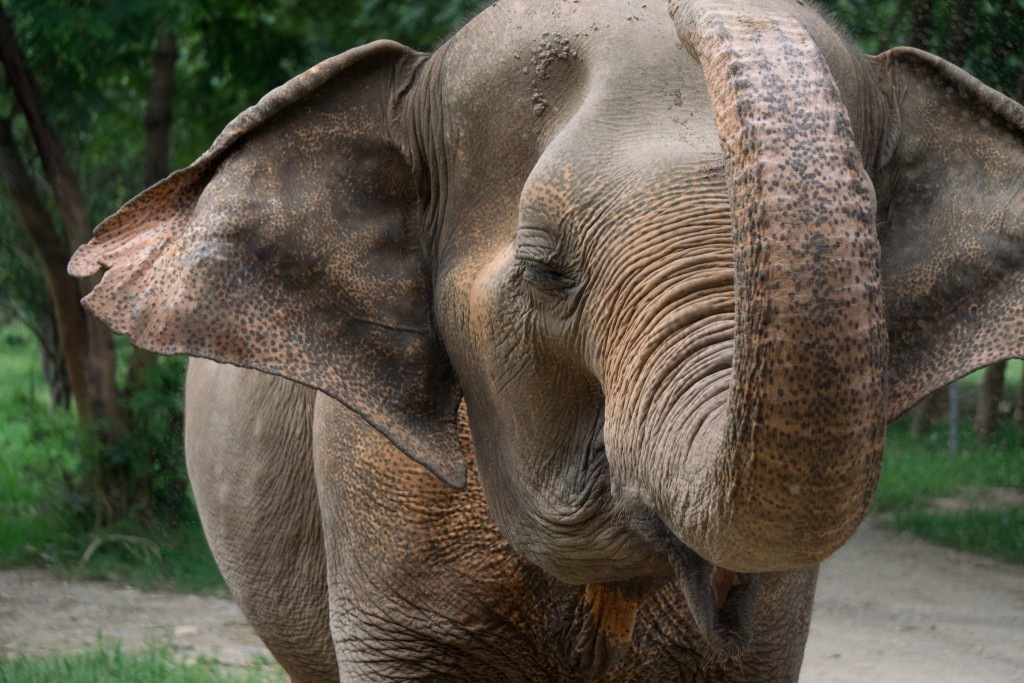
Thousands of well-intentioned, animal-loving tourists visit Asia each year in hopes of riding an elephant. What most don’t realize is the horrific trauma that this entails. Some may have an inkling of its potential issues, but many dismiss these inconvenient truths. We choose ignorance for that perfect Facebook photo.
Here's 4 Reasons NOT to ride elephants in Thailand
If you've ever been unsure of the murky debate that is elephant riding, I invite you to read on. No matter what choice you make, please at least make it an informed one. And let me be clear up front: there is NO non-exploitive, cruelty-free way to RIDE an elephant – here's 4 reasons why.
1. Elephants must be starved, beaten, and mentally broken to be ridden by tourists.
Though we view elephants as gentle souls with ear-to-ear grins, the reality is they are wild animals that do not naturally allow humans to ride their backs. Elephants don't respond to the will of humans by default, nor do they voluntarily trek in hot temperatures with people strapped to them. The way that an elephant is coerced to become submissive is in fact horrific.
First, baby elephants are taken from their mothers and are confined in tiny cages. Next, they are tied up, beaten, and starved for days to enter a state of total emotional depletion. This process is known as phajaan, or “the crush”, which you can see captured in this award-winning, horrific photo here.
I really don't think one has to be an animal activist to have empathy for such torture. We would never even dream of subjecting our own pets to this, so why deem it acceptable for elephants, just so we can ride them? Elephants no longer have to be ridden, but this practice continues because tourists pay to do it. Remember, supply has to meet demand.
2. Elephants live in ongoing trauma long after their initial torture.
In other words: an elephant never forgets.
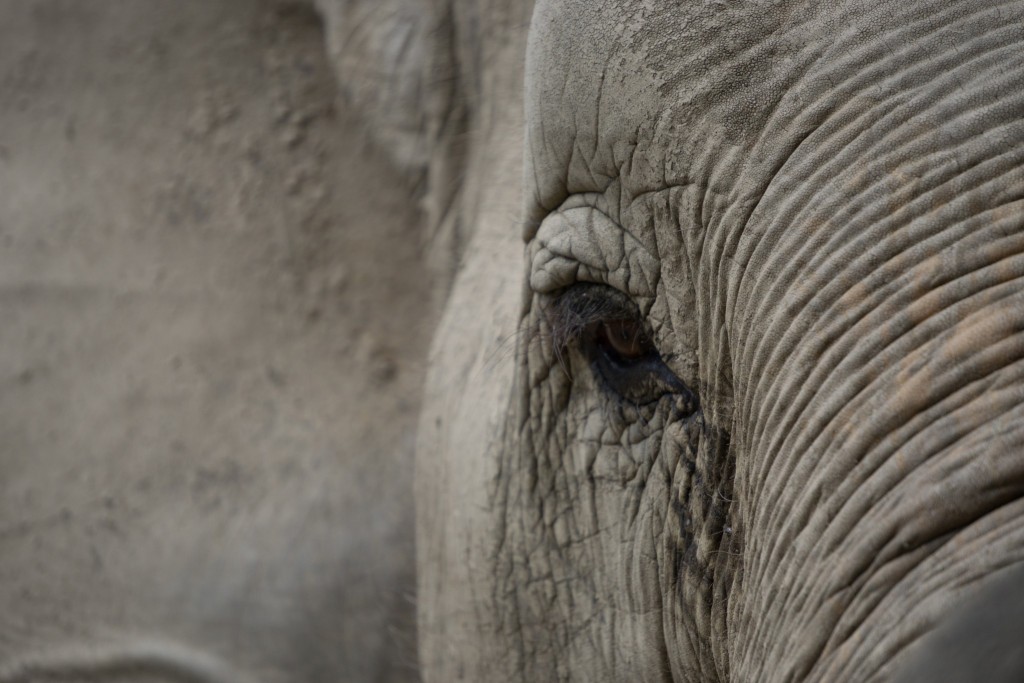
Elephants hold emotional and mental intelligence far greater than most other animals in existence. They recall memories both good and bad, and express trauma and distress through behaviours such as head-bobbing, rocking back and forth, pacing, and repeated trunk weaving. You may notice these behaviours at your local zoo or circus. Elephants have flashbacks, memories, and fears, no matter how kindly they are treated now. Traumatic memories cannot be erased – but they don’t even have to happen in the first place.
3. Tour companies will say anything to disguise misery and earn money.
Tour companies will spew whatever it takes to persuade you that they treat their elephants ethically. They may say that rides are okay if a tourist is on an elephant's neck or without the weight of a seat. The fact is, if a company offers elephant rides, points 1 and 2 have already occurred and are ongoing. Remember: wild elephants don't let humans ride them, period.
Do not take reassurance in phrases like “we treat our animals safely” when investigating tour companies. Such phrases are readily tossed around with no standards required to use them. If a company offers rides, then chains, whips, and bull hooks are or have been in use. Such negative reinforcement is essential to coerce these enormous animals to follow regimented commands.
Everything I've read reaches the same conclusions: very few places live up to their claims that their elephants are treated well – and when they do, they don't offer rides.
4. You can still touch, feed, and bond with elephants in a cruelty-free way.
If seeing and connecting with an elephant is on your wish list, this can be done without harm. Elephant Nature Park (ENP) in Chiang Mai, Thailand rescues traumatized and injured elephants from lives of logging, abuse, and enslavement to tourist rides.
These now-freed elephants can be watched up close and personal doing what elephants do best – being giant goofballs who like to get messy and socialize. Without a tourist on their back, they happily toss mud on themselves, roll around in the river, scratch their backs on trees, and playfully swat at each other's trunks.
If you've always dreamt of touching the wrinkly skin of an elephant, you can still do that here too. A day at ENP includes helping bathe, feed, and spend time with these elephants as they do their day-to-day thing.
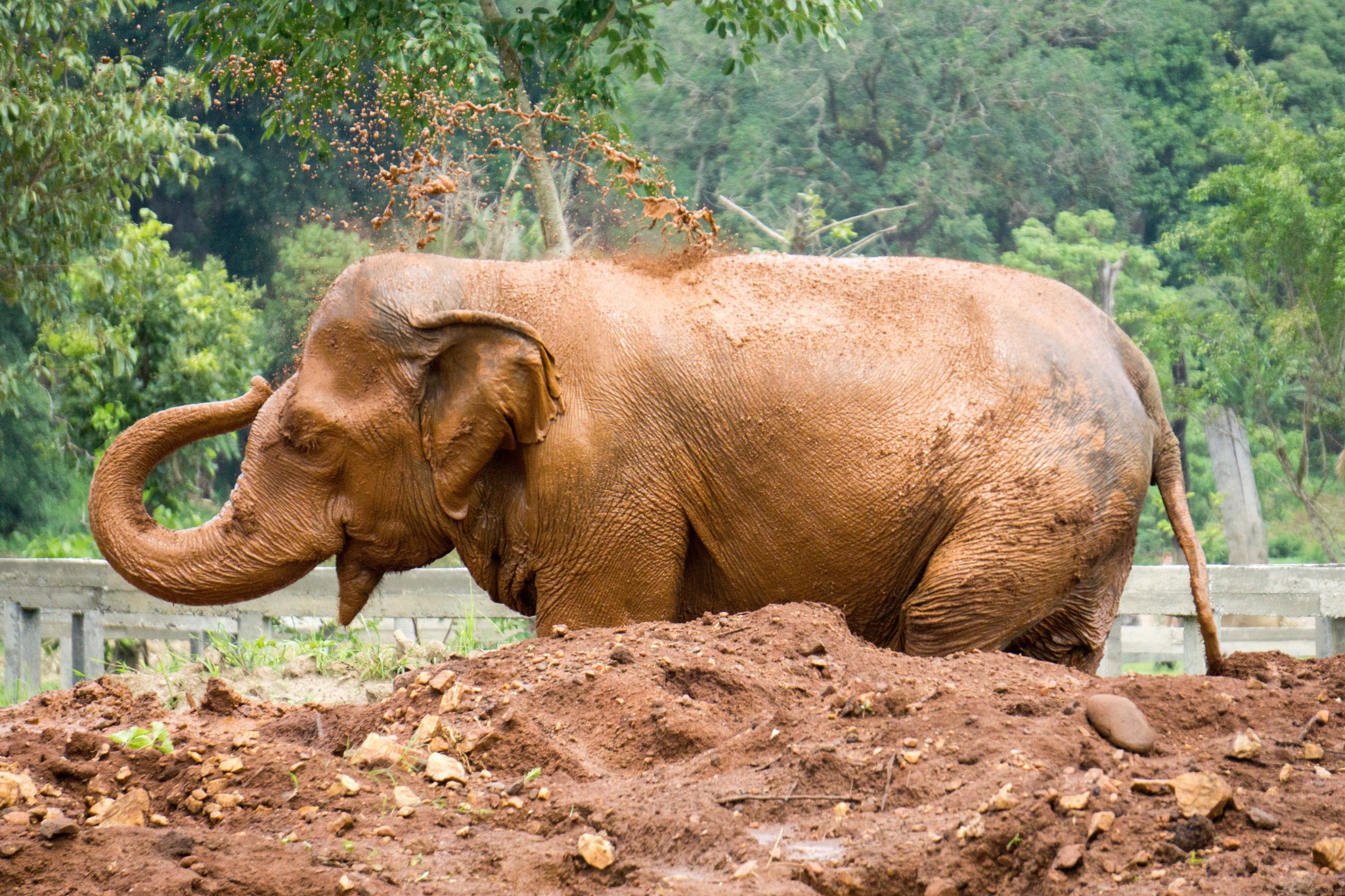
It’s definitely entertaining to have their enormous trunks swipe food from your hands, and hear them grunt and squish half an entire squash just feet away from you. Better yet, they enjoy this in an enormous, open, free space nestled amongst Chiang Mai's jungles.
You can help transition elephant tourism responsibly
Elephant riding in Thailand now serves one primary purpose: tourism. Put simply, it exists because tourists continue to demand it. If we stop paying to ride elephants, responsible alternatives can replace it that will grow employment and keep harmed elephants safely happy. In fact, this is already happening.
The Elephant Nature Park has taken a damaging practice and transitioned it in a way that scratches the tourist itch to interact with these magnificent creatures without exploiting them. The facility employs a variety of local staff to run the kitchen, pick up tourists, care for the elephants, clean the facilities, and guide tours. It has even expanded into allowing volunteer vacations, with on-site accommodations (more info on that below), which helps to keep the facility running and pay for the literal TONNES of food these guys consume each day.
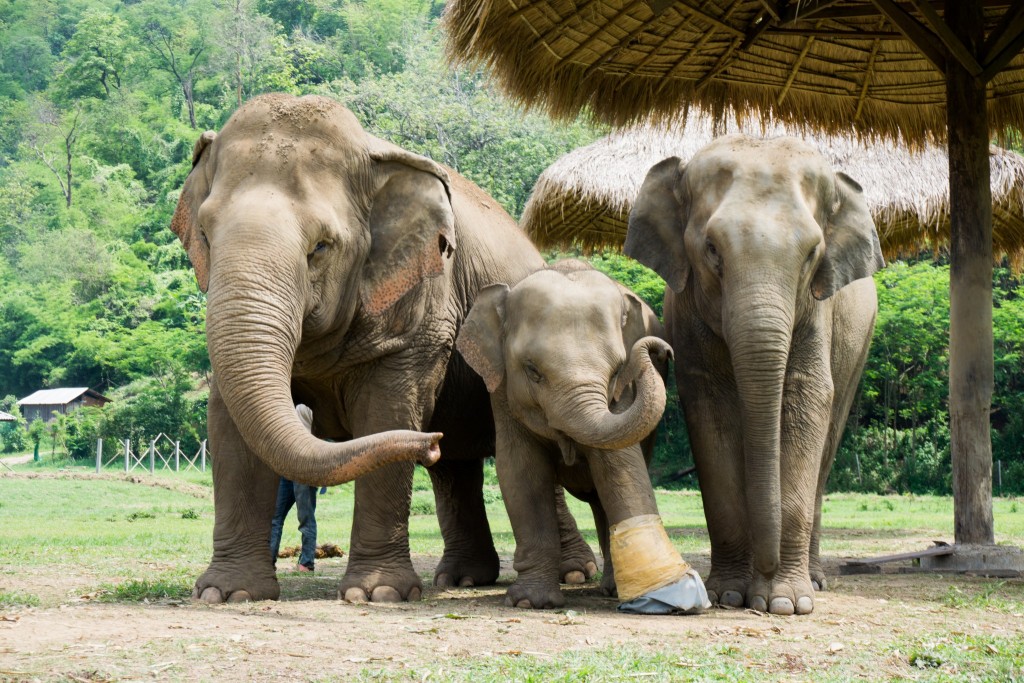
Make an informed choice about what you do.
Still thinking of riding an elephant in Thailand? It's a popular bucket list activity – one that most would rather check off before hearing what it really entails. Will you choose naivety before some hard fast research? I really hope not.
Please, make an informed decision around all animal tourism. Ask questions, don't assume, have a heart. One Facebook or Instagram photo isn't worth a life of misery for an animal that doesn't have a voice to say stop.
“It takes nothing away from a human to be kind to an animal” – Joaquin Phoenix
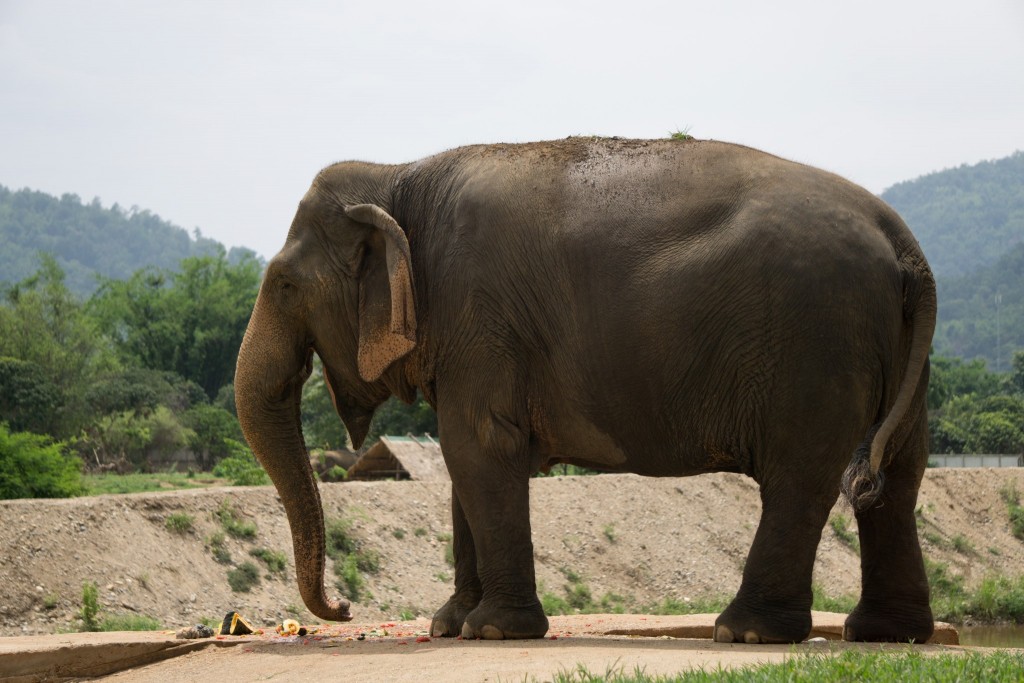
Elephant Nature Park Info
Location: Chiang Mai, Thailand
Visit & volunteer: there are one day, two day and long-term volunteer options available. All one day tours involve feeding, bathing, and interacting up close with the elephants. You can also extend your stay by staying overnight for a two day, one night tour.
Longer term (1+ week) volunteers can help both with elephants or at the ENP dog shelter. Volunteers stay on-site, are fed (delicious!) vegetarian buffet meals, and provide hands-on help to these animals in need. Hop on the ENP site for further details.
Flying to the US, Canada, or Europe? You can also help save a dog!
The Elephant Nature Park is constantly finding new homes around the world for its 300+ dogs. If you're flying home from Chiang Mai to the US, Europe or Canada, you can be a “flight volunteer” by simply checking in one of the dogs at the airport, so it can continue onwards to its new home! Send an e-mail to [email protected] to enquire (or adopt one of these furry cuties for yourself!).
Have you been to the Elephant Nature Park in Chiang Mai? Know of any other reputable elephant rescues around the globe? Drop a thought below!




